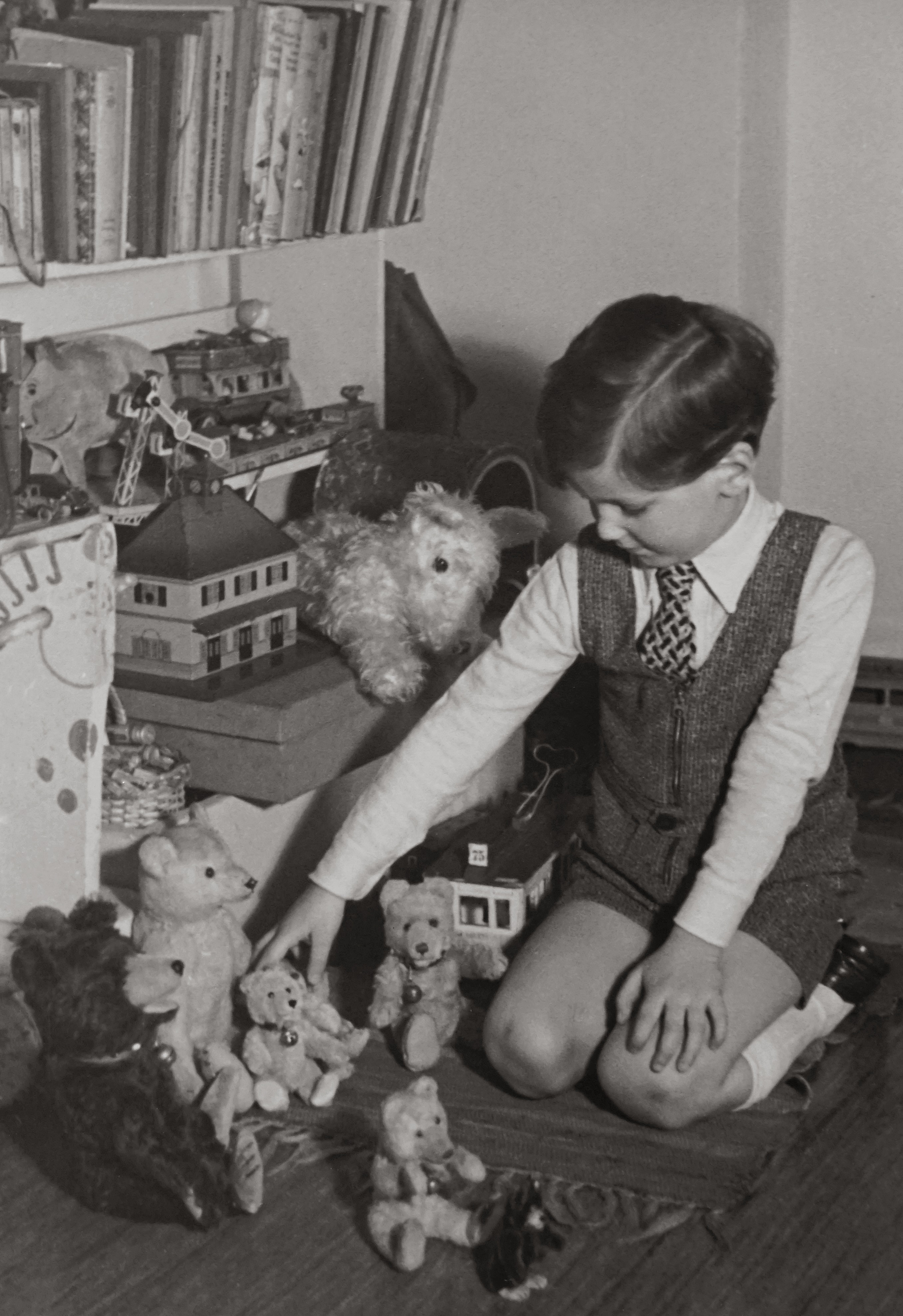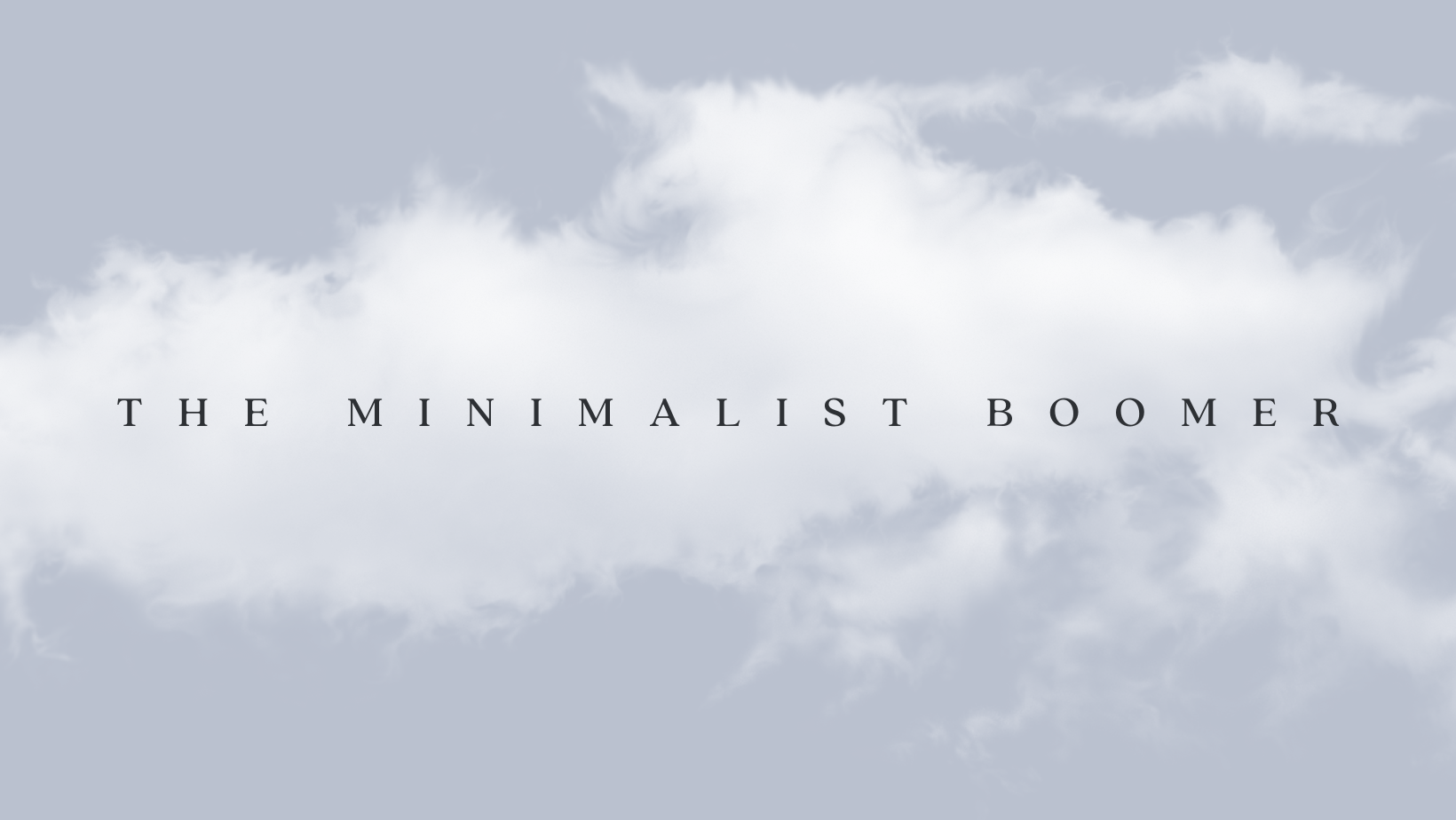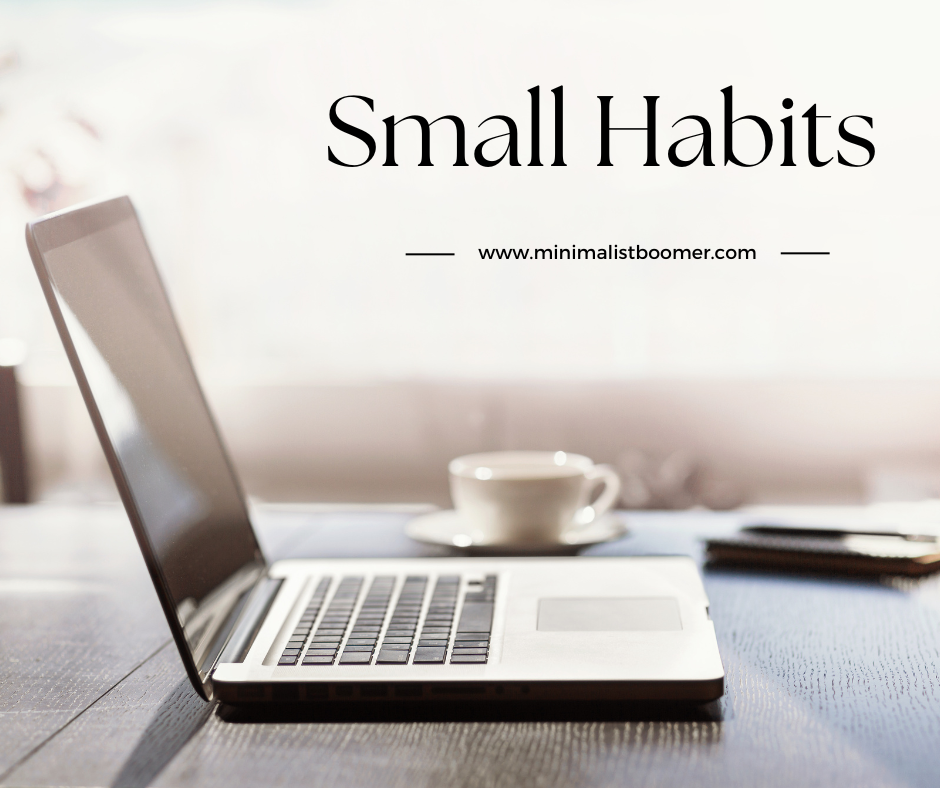A messy space can feel overwhelming and suffocating. When our surroundings are cluttered, it’s hard to focus and be productive. We often don’t realize how much this chaos affects our emotional well-being. This is why it’s essential to understand how clutter keeps us miserable, so we can take the necessary steps to reclaim our space and happiness.
“Under the influence of clutter, we may underestimate how much time we’re giving to the less important stuff.” — Zoë Kim
What is Clutter?
Clutter is anything that takes up physical or mental space in our lives and prevents us from living our best lives. It can be physical objects, digital files, or even negative thoughts and emotions. Clutter can come in many forms and can affect us in different ways, both physically and mentally.
The Different Types of Clutter
Physical clutter
Physical clutter is the most obvious type of clutter and includes any physical items that take up space in our homes, offices, or even our cars. These can be clothes we no longer wear, old electronics we never use, or even kitchen gadgets we don’t need. Physical clutter can make our spaces feel cramped and overwhelming and can even lead to safety hazards if it gets out of control.
“When home feels out of control, no matter what the reason, unsettledness and anxiety can seep in, and then the chaos becomes internal as well as external.” — Myquillyn Smith
Digital clutter
Digital clutter is becoming increasingly common in our technology-driven world. It includes any digital files, emails, or even apps that are taking up space on our devices and causing digital chaos. Digital clutter can slow down our devices, make it difficult to find what we need, and even leave us vulnerable to cyber threats.
It can also include the overwhelming amount of content and information that bombards us on social media platforms with the endless stream of posts, likes, comments, and notifications that demand our attention and time. Digital clutter can lead to information overload, anxiety, and a feeling of being disconnected from the world around us. It’s the digital noise that we must learn to navigate and manage to stay focused and productive in our lives.
Mental clutter
Mental clutter is the hardest type of clutter to identify and manage. It includes any negative thoughts, emotions, or beliefs that hold us back in our lives. Mental clutter can lead to stress, anxiety, and even depression if left unchecked. Common sources of mental clutter include self-doubt, fear, and worry.

Social clutter
Social clutter refers to any social obligations, relationships, or commitments that are causing us stress or draining our energy. It can include toxic friendships, family drama, or even work-related responsibilities that are taking up too much of our time and mental energy.
Spiritual clutter
“I continue to believe that we can learn more in an hour of silence than we can in a year from books.”
― Matthew Kelly
Spiritual clutter refers to the accumulation of negative thoughts, emotions, and beliefs that hinder our spiritual growth. This clutter can manifest in different forms such as self-doubt, fear, anxiety, anger, and resentment. It creates a blockage in our energy flow and prevents us from experiencing inner peace and happiness.
Identifying and clearing spiritual clutter is crucial for our well-being and personal development. By doing so, we can create space for positive thoughts and emotions and connect with our inner self more deeply. This process requires self-reflection, mindfulness, and a commitment to personal growth. It helps us cultivate a more positive mindset and a sense of purpose in our lives.

The Psychology Behind Letting it Go
Is it difficult for you to let go of things? Do you find yourself surrounded by clutter and unable to organize your space? If so, you’re not alone. The psychology of clutter is a complex issue that affects many people. Let’s explore two main factors that contribute to our attachment to things and our fear of letting go.
The Attachment to Things
We often attach emotions and memories to physical objects, making it difficult to let go of them. Whether it’s a childhood toy, a gift from a loved one, or a sentimental piece of clothing, these objects hold a special place in our hearts. Research shows that our attachment to things can be connected to our sense of identity and self-worth. We may believe that by holding on to these possessions, we are holding on to a part of ourselves.

Unfortunately, this attachment can also lead to negative consequences. Clutter can cause stress and anxiety, making it difficult to relax or focus. It can also lead to feelings of guilt or shame, especially if the clutter is preventing us from living our best lives. So, how can we learn to let go of our attachment to things?
The Fear of Letting Go
One of the main reasons we struggle to let go of clutter is because of our fear of the unknown. We may worry that if we let go of an object, we will regret it later or miss out on something important. This fear can be compounded by our culture of consumerism, which tells us that we need to acquire more to be happy.
However, letting go of clutter can be a liberating experience. It can free up physical and mental space, allowing us to focus on the things that really matter. It can also help us to live in the present moment, rather than being tied to the past or worried about the future.
Understanding the psychology of clutter is an important step toward overcoming our attachment to things and our fear of letting go. By recognizing the emotional connections, we have to our possessions and the fears that hold us back, we can begin to make positive changes in our lives.

The science of clutter is an interesting and complex topic that has been studied by experts for years. By understanding the negative effects of clutter on our brains and our lives, we can take steps to declutter our spaces and improve our overall well-being. It’s OK to let go of your excess stuff and just relax and let life surprise you sometimes. Remember, an environment which is only full of things you need and enjoy can lead to a clear and focused mind.




